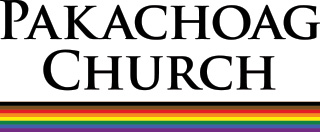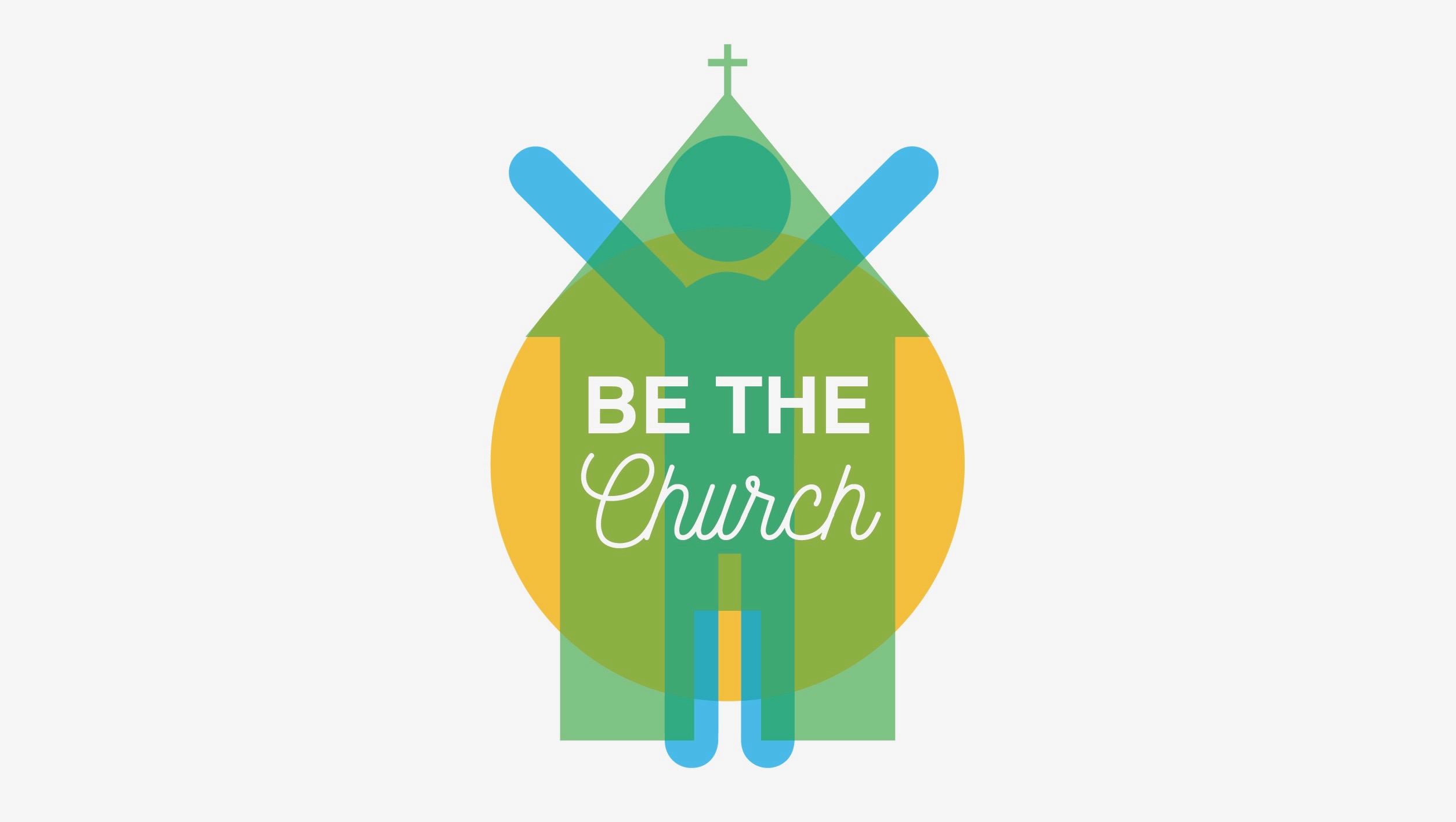The following is a slightly edited version of the text of a letter directed to the Rev. Mr. John C. Dorhauer, President of the United Church of Christ, in February 2017. As the content suggests, it was prompted by concerns about the direction and viability of the denomination, tracing as far back as flawed aspects of the formative 1957 merger.
I believe it can be argued that the UCC is a dying entity, evidenced most patently by a sustained and dramatic decrease in membership over its sixty years of existence. I further perceive that the UCC has failed to acknowledge or respond to certain essential elemental root causes of this, including a seismic society-wide movement away from organized religion, and instead has embraced distracting and defensive gestures such as relocation of offices, and most recently, the proposed merger of the Massachusetts, Rhode Island, and Connecticut Conferences, all of which reflect rear guard retrenchments by an organization and its subsets that are in rout.
I offer this as a point of view and invite responses or counterpoint.
I also note that the original letter was never acknowledged by Mr. Dorhauer personally or by his office.
* * *
I recently had occasion to listen to all or portions of several video recordings of presentations you have made, all essentially focused on “why the United Church of Christ,” and have spent time reflecting on your points.
In spite of having served 44 years in an ordained role within the denomination, I remain “unpersuaded,” or perhaps just skeptical, about the merits of the UCC and am prompted to write you as a way of articulating, if only to myself using your thoughts as a foil, a point of view. As I conclude my years of ministry, a serious question I face, and with me, my particular congregation, is whether to remain affiliated with the UCC.
A Church of Many, or Just One?
“That they may all be one” was one of the central themes I gleaned from your presentations that justifies the UCC and sets it apart, especially in regard to our progressive, perhaps daringly so, social inclusivity and sense of radical justice.
To be sure, I come from a progressive tradition, and abide by it still. As a student in the 1970s at the Chicago Theological Seminary, I participated in the anti-Vietnam War movement, marched for racial justice, supported the budding women’s rights movement, and stood forward on just about every social and political cause of the times.
In my years of ministry, even as I shaved my beard, cut my hair from off my shoulders, and put the beads and sandals in a drawer and started to buy ties from Brooks Brothers, that sense of fervor for social justice never left me and became and remains a mark of my time in ministry.
Still, for all that, I have come to sense increasing unease with what feels like an unduly strident drumbeat of forced adherence to points of view within the chambers of the UCC that feel politically driven and grounded. I see signs of implied compelled compliance with points of view, which in their whole I may agree with, but in their imposition I do not.
The numbers of UCC congregations and the membership count have essentially diminished without reprieve throughout the history of the denomination, and while it may be said we are more than ever of a common point of view, I wonder if that unity may have come from squeezing out, as a cider mill or olive press might the pulp of the fruit, countervailing points of view.
I predate the UCC by ten years, having been born in 1947. I grew up in a New England church with a strong, deeply rooted, Congregational ethos. That church was itself 214 years old when the UCC came into being. In the early years of the denomination in particular, I recall concerted efforts to erase the prior identities of member congregations, which I perceived then and continue to view as a Sisyphean and misguided gesture in regard to churches with hundreds of years of history. There were near mocking comments issued in the name of the denomination that were aimed at berating churches into changing their name from “Congregational” to “UCC,” and perhaps the same was true for the E&R side.
As an instance of how deeply ingrained this was, during the 2004 presidential election cycle, in responding to a request for clarification about Howard Dean’s espoused congregational identity, then Massachusetts Conference Minister Nancy Taylor, wrote in an article for a major newspaper that some New Englanders “cling to” old terminology. I still find that phraseology offensive and patronizing, and potentially disparaging of a sincerely held faith structure.
Prior histories of both sides of the merger have at times either been dismissed or re-appropriated, as for example, as I read on one church’s website recently, that the UCC was the first denomination to ordain a woman. This is hardly so, since the UCC did not exist when that event occurred.
This is the sort of slick claim that goes to one of the central weaknesses of the UCC. It was not born of a sequential history, or of an evolving movement, such as can be said of virtually any other major denomination. It was from the start contrived without a true organic origin.
As such, it has always had to construe or fabricate an identity. That effort has been like trying to bake a cake from the top down. The denomination has sought throughout its history to lay a veneer of common identity over its member churches, or resurface those churches with some uniform material, and this effort has, I believe, contributed to the denomination’s diminishment, and raises questions about what it means to be unified.
A Tenuous Identity
I for one have always thought of membership in the UCC as an affiliation. My identity remains what it was at birth, namely Congregational, but there’s been a resistance under the mantle of “that we all may be one” to accommodate such independent expressions of identity. We must perforce “be UCC.” For someone with my orientation, that notion has no content, and it is anathema to my understanding of what is central to life in the church, namely the absolute integrity and preeminence of the local congregation.
Denominational identity in the view I hold arises from collective and collaborative efforts of local congregations joining together in common enterprise, not from some uniformly held or defined body of precepts superimposed from a hierarchy down. I understand how intractable this may sound, especially to one as you stated of your own history, who spent eight years in religious training in a Roman Catholic culture. The UCC might seem to you to be wildly unconstrained, while someone from my background might see the same structure as oppressively conformist.
A Running Dilemma
You spoke in one of your presentations about a running dilemma within the UCC, namely pronouncements from Synod. You referenced how the media always “gets it wrong,” and in the parlance of the denomination, Synod speaks to the churches and not for the churches.
The very paradoxical nature of the UCC would seem to make that situation unresolvable. As a proxy for a denominational voice, Synod does try to speak with authority, even though it is perforce a self-select segment of diverse points of view. Why would it even bother with motions and resolutions, rather than simply issuing white papers or study guides, were it not for a wanting to have at least a quasi-legislative impact? So perhaps the media is getting the subliminal message correct after all.
This is reflective, I believe, of the denomination’s straining to create identity and establish authority when none existed, and this effort has been going on since 1957.
One area where this effort particularly shows itself in my estimation lies in gestures to regularize clergy. To be sure, while standards have always been esteemed and promoted within the history of the constituent components of the UCC, there is an element in the structure the denomination has evolved for authorizing ministry that appears intended to function in a gate keeping manner, and in so doing this runs to the notion of conformity with not just values, but with the shadow political agenda behind those values.
Institutions perpetuate and justify themselves with the promulgation of rules, procedures, manuals, and regulations that can rise to the category of shibboleth, and the UCC has moved in this direction over the course of its history. Anecdotally, I have witnessed profound failings in the placement mechanism of the UCC, including, but not limited to, deep disservice to the church I am currently serving.
The most grievous aspect of the placement mechanism is that it purports to be effective when it has a high failure rate. Furthermore the denomination would lead local churches to understand there is only one course to finding a settled minister, which can be interpreted as attempting to aggregate authority to itself.
Even as I write this, I begin to wonder what, if any, question, remains with me. It would seem that I have dismissed the UCC, and to significant measure I have. Still, when I listened as I did, to your presentations, I am persuaded by your authenticity and drawn to your pastoral nature, and I try earnestly to embrace the message in your words. Furthermore, I believe not in organizations but in people, and I have encountered many committed and skilled persons who have chosen to work with and through the UCC, and I feel I would be remiss in not considering the seriousness of their convictions about the denomination.
In Conclusion
In the end, I feel that I am writing from a minority point of view that at least wants to be heard. I harbor some beliefs and values that might seem non-conformist and obstructionist to denominational values, but if the UCC really does care to be inclusive, then perhaps pale voices like mine on the margins might have something to say to the whole.
I honestly feel that if the UCC can only see itself situated atop a morally and socially liberated pyramid, and fails to account for and respond to the swirling eddies of discontent that are eroding its and every major progressive denomination’s base, it will continue to shrink in numbers and find itself increasingly disregarded by a secularized population that has largely become dismissive of organized (liberal) religion.

